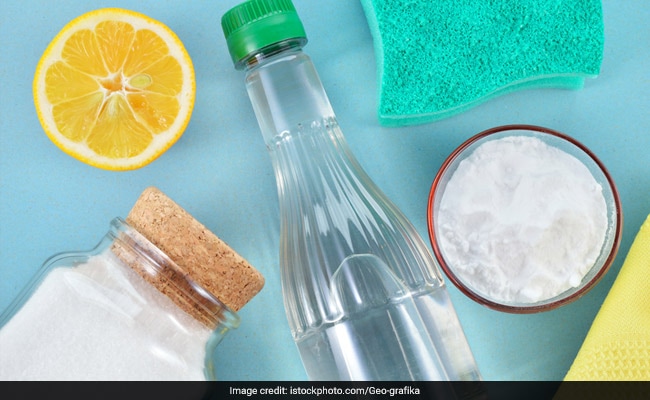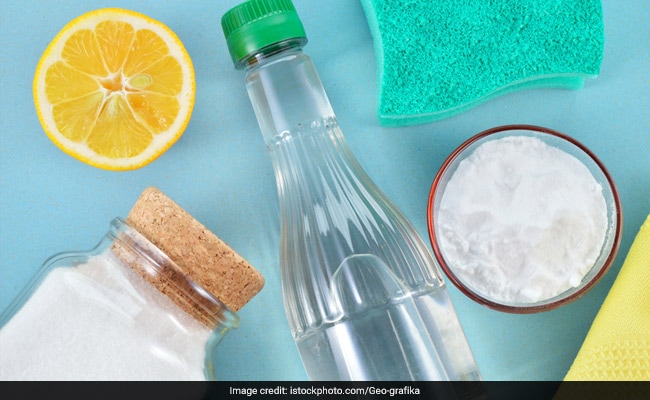You must have heard many benefits of lemon, one of them being that lemon is a great tan remover but, is it actually good for your skin?

Make sure you do not use acidic products if you have a sensitive skin.
HIGHLIGHTS
- Not all natural ingredients are good for your skin
- Lemon juice will eventually leave your skin with chemical burns
- Hot water will actually strip your skin of the moisture
There's a saying that a beautiful skin is the road to being a confident woman. Taking care of your skin and keeping it healthy should be your top priority but you need to be aware of what is good for your skin and what is not. Don't make the mistake of applying toothpaste to get rid of your pimples. It will eventually leave your skin with chemical burns. You must have heard many benefits of lemon, one of them being that lemon is a great tan remover but, is it actually good for your skin. Read more to find out.
Lemon
Lemon juice has a high PH of 2. The juice is highly acidic so when you apply pure lemon directly to your skin, the acids immediately disrupt your skin's acid mantle and causes It can even cause blistering rashes and burns on your skin if you're exposed to the sun after applying them.
Toothpaste
Applying toothpaste to your dark spots isn't the perfect thing to do. Toothpaste is filled with irritating ingredients, like peppermint, peroxide, fragrances, and alcohol, making it the perfect combination of things that will tear up your skin and possibly lead to chemical burns.
Hot water
A hot water bath might feel relaxing and great but it will actually strip your skin of the moisture. Hot water will literally zap away your skin's lipids, leaving you red, irritated, and itchy, which is especially scary for people with eczema.
Rubbing alcohol
Rubbing alcohol is an antibacterial disinfectant used to sterilize wounds to avoid infection but alcohol is one of the most damaging ingredients you can put on your face. Putting alcohol on your skin is scientifically bad for your skin as it strips your skin of essential lipids and proteins, leading to a decrease in moisture and an increase of bacteria and irritants getting in.

Make sure you do not use acidic products if you have a sensitive skin.
Photo Credit: iStock
Vinegar
Make sure you do not use acidic products if you have a sensitive skin. Avoid acidic products such as vinegar because using vinegar on sensitive skin can cause rashes.

Make sure you do not use acidic products if you have a sensitive skin.
Photo Credit: iStock
Take care of your skin, Ladies!
DoctorNDTV is the one stop site for all your health needs providing the most credible health information, health news and tips with expert advice on healthy living, diet plans, informative videos etc. You can get the most relevant and accurate info you need about health problems like diabetes, cancer, pregnancy, HIV and AIDS, weight loss and many other lifestyle diseases. We have a panel of over 350 experts who help us develop content by giving their valuable inputs and bringing to us the latest in the world of healthcare.














